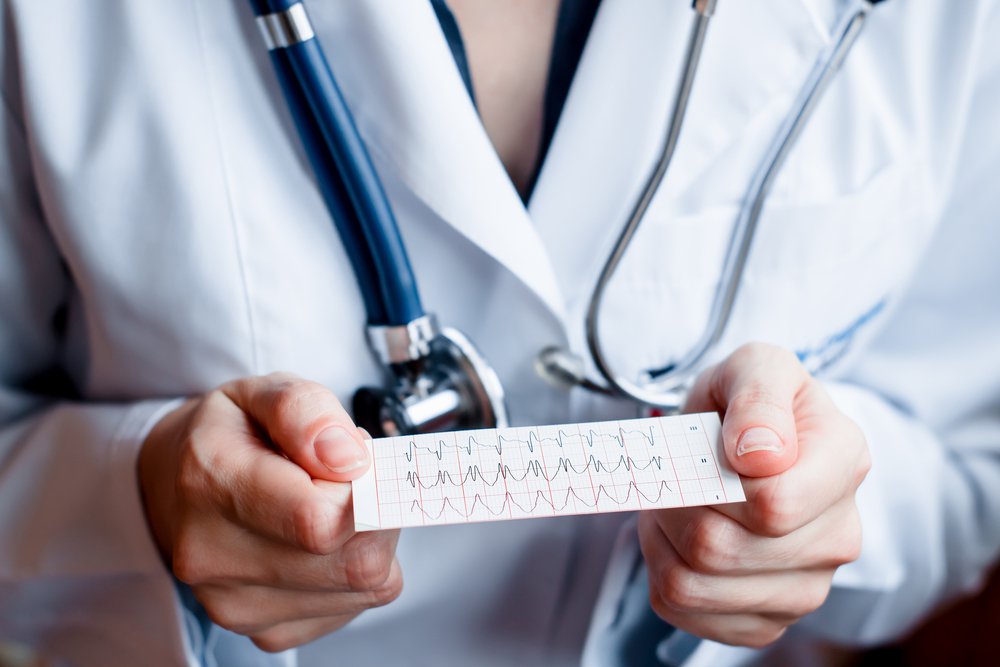Conditions
Menopause messes with hormones and that can impact your heart. Cardiologists reveal the changes happening in your body that affect your heart.
Take care of your heart
Nearly half of women surveyed don’t realize that heart disease is their number one killer, reports the Centers for Disease Control and Prevention. What’s alarming is that women with heart trouble go undiagnosed and die because they—or their doctors—still think of heart disease as a man’s condition. In truth, about the same number of men and women die from heart disease every year. Yet women still attribute heart symptoms to other things, such as heartburn, back pain, or signs of aging. As heart disease risk worsens with age, it’s especially important for women to understand how their heart changes after menopause, which is generally around age 50.
Your estrogen is letting you down
Estrogen is essential for the maintenance of a lot of body functions, including reproductive health, bone development, mood management, and heart health. When menopause hits—usually between the ages of 50 to 54—estrogen takes a nose dive. “With a decline in estrogen levels, several things happen in a woman’s body,” says cardiologist Kavitha Chinnaiyan, MD, director of Cardiac Imaging Research and associate professor of medicine at Beaumont School of Medicine. “Many of these changes result in the development of risk factors for heart disease, including high blood pressure, high cholesterol, and diabetes,” she says. Here are 10 surprising health risks that happen after menopause.
Stress in your heart chambers
“When estrogen levels decline, women often develop stiffening of the heart muscle,” says integrative cardiologist Regina Druz, MD, FAC, IFMCP, Integrative Cardiology Center of Long Island. The medical term for this is diastolic dysfunction; when things stiffen up in the heart chamber, the muscle isn’t able to relax after each beat, increasing wear and tear. Don’t delay in seeking help if you have the hallmark symptoms such as shortness of breath, fatigue, swelling in the legs, ankles, and feet, rapid heartbeat, and coughing up pink and foamy mucus. Women, watch out for these 8 sneaky heart attack symptoms.



